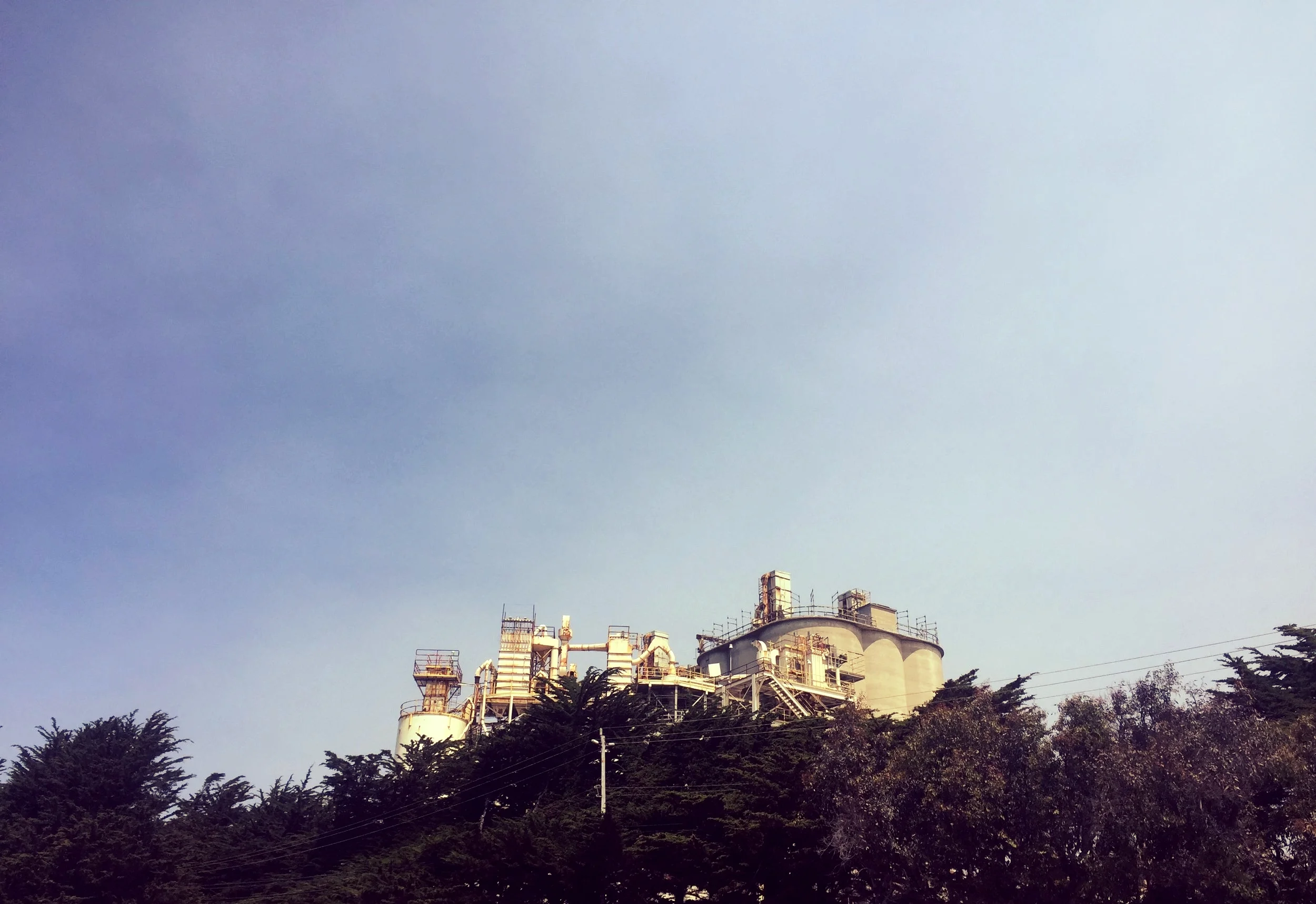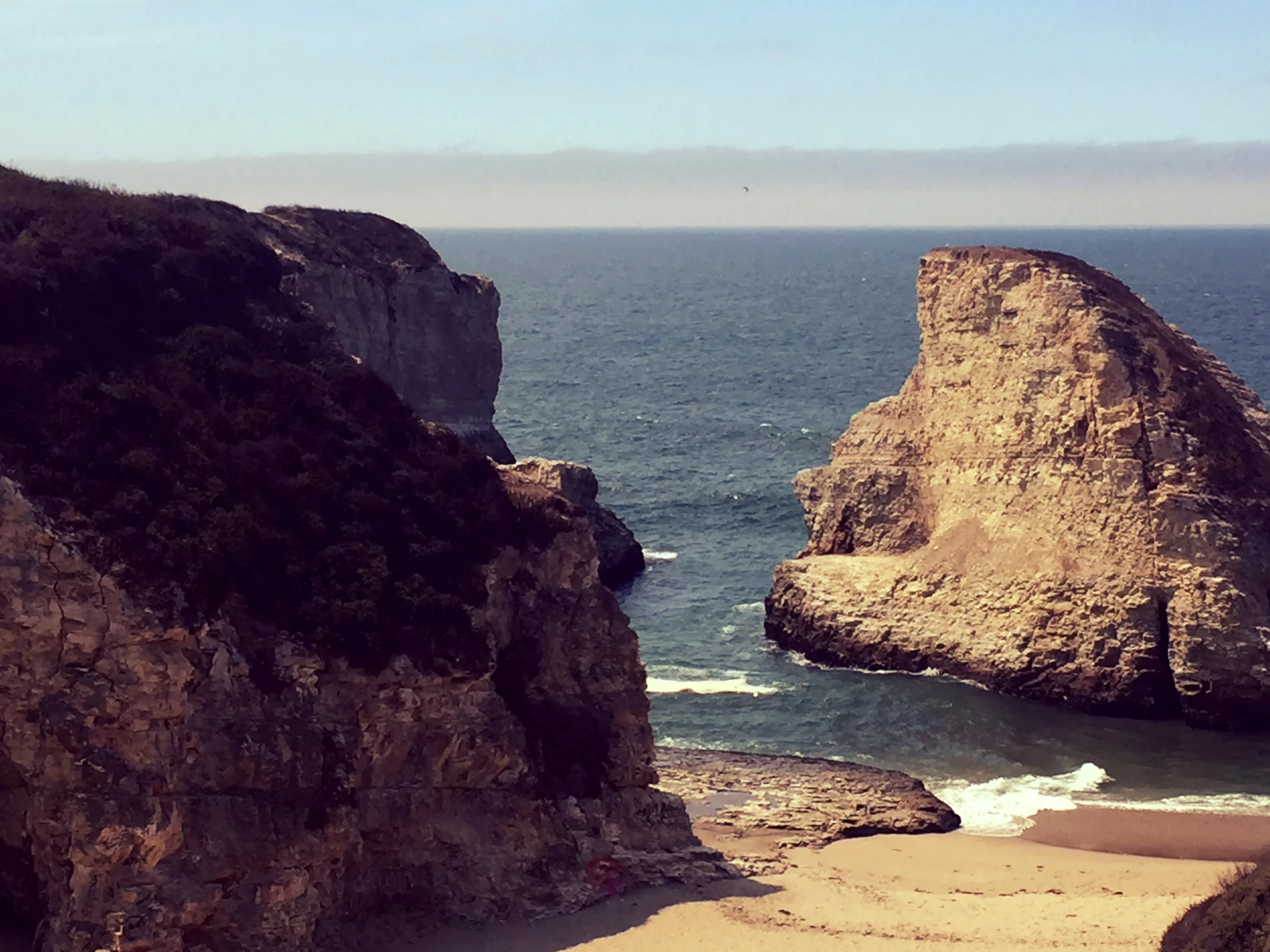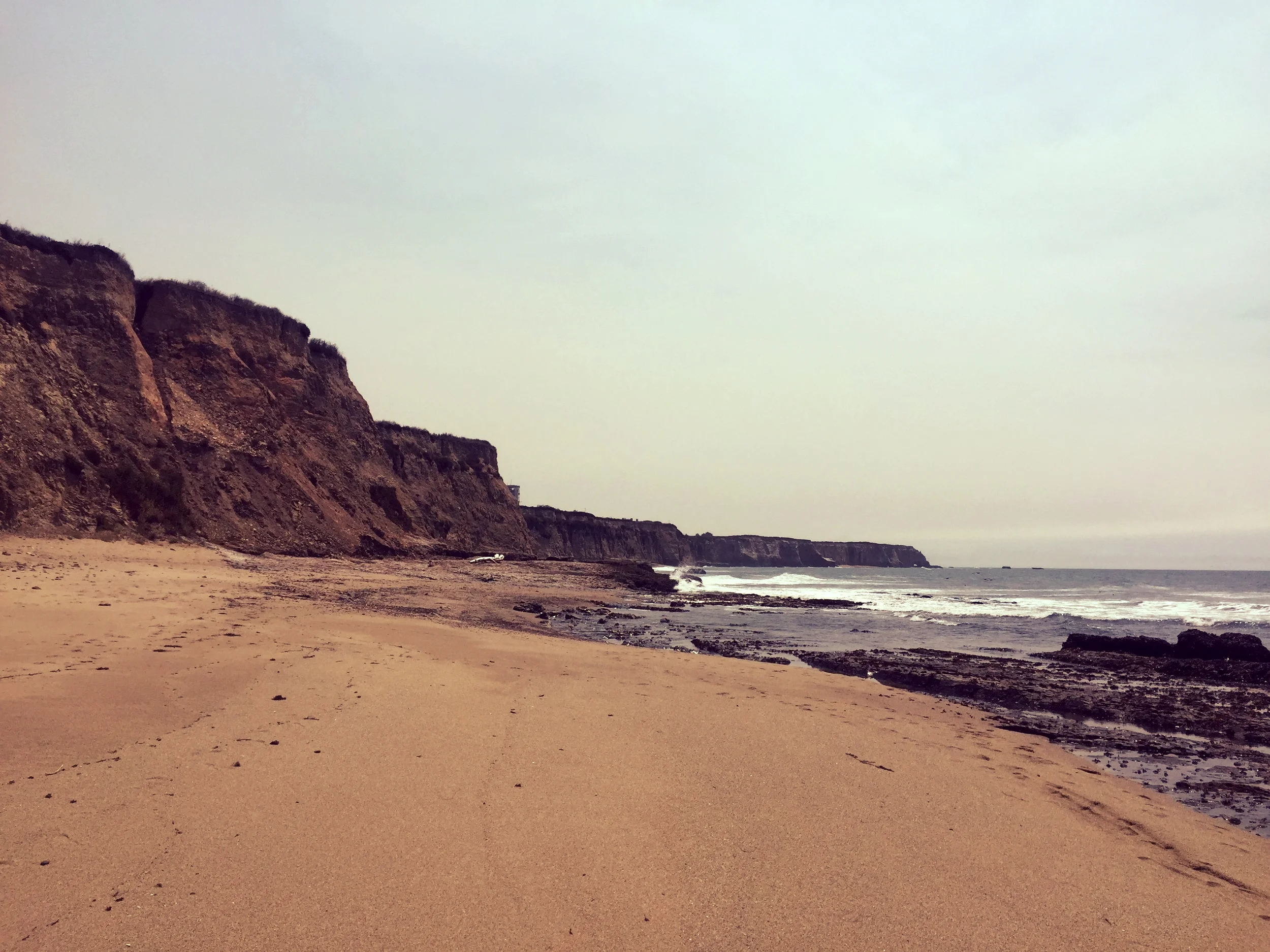Once Upon A Pride
What does pride look like to me? I’ve been turning that question over and over in my head lately. It all started, as things often do these days, with a question on Twitter. It was something along the lines of are you proud/happy of and with your asexuality or are you ashamed of it?
To me, it makes no sense to be ashamed of something I can’t change. I wouldn’t think to be ashamed of my sexuality any more than I’m ashamed of my curly hair or brown eyes. All of these are things that might make life easier if I didn’t have, and that I could hide with some relative ease — I could dye my hair, use coloured contacts and pass for straight — but at their fundamental base, they’d still be the same. I would still be a curly-haired, brown-eyed asexual. You can’t change that.
That’s not to say I don’t appreciate the asexual closet, because sometimes being out is more hassle than it’s worth. But for all those moments where I think back on the closet with some fondness, the ability to be myself, truly and without constraints, is not something I’d ever want to give up.
Our society does its level best to shame us for being ace or aro. Anything that deviates from the perceived norm is shameful and should be hidden. But, here’s the thing: think about it for a second. Who decides what is normal?
Some white dude a few centuries back decided being white was “normal,” and everything else wasn’t. Now we have racist assholes who think they’re better than everyone else because of the colour of their skin. Another white dude a few centuries back decided that two cisgender people in a monogamous heterosexual relationship was “normal” and everything else wasn’t. Now we have queerphobic assholes who think they should have more legal rights than everyone else just because they happen to identify as the gender they were assigned at birth and get horny for people who are a different gender to them. A very specific group of white dudes who fancy themselves God’s messengers on earth decided a marriage was only normal and valid if it was between a man and a woman and there was sex being had. And now we have bigoted assholes who think anyone who wants to be in an asexual relationship has something clinically wrong with them.
There’s a definite commonality in how “normal” is perceived in our world: what is and isn’t normal is dictated by the toxic and fragile masculinity of able-bodied allocishet white men who are incapable of conceiving a world in which they aren’t the best thing since sliced bread. Anyone who has the audacity to suggest that maybe they aren’t all that is clearly dabbling in the abnormal.
There’s even a movie being made about it. Predictably, it’s going to be a fairy tale retelling, in which Prince Charming is… you guessed it: an able-bodied allocishet white dude. Even better? He’s a white dude who makes any woman fall in love with him simply by smiling at them. It’s by the producers of Shrek, so I get the feeling that this particular movie is trying to poke fun at that image, but from where I stand, it runs the risk of falling into its own trap. From the trailer, it doesn’t look like anyone calls him out on the fact that he uses his “charms” to get out of any situation he doesn’t like — and one has to wonder about the lines of consent there. He has proposed to Snow White, Cinderella, and Sleeping Beauty, but he still uses his smile on other women quite liberally. What if they already have a partner? What if they’re lesbians and do not want anything to do with a man? He is taking away their agency because it makes his life easier. It might make theirs harder, but who cares, right? As long as the straight white guy is happy and comfortable.
It’s predictable that the medium in which this story is being told is through the retelling of fairy tales because historically, fairy tales have been a way through which society (by which I really mean White Men’s Egos) can trickle down their ideas of what is “normal” to young and impressionable children, and get the brainwashing started from an early age. Before you recoil in horror and forbid your children from watching a Disney movie ever again, let me footnote this by saying that I grew up watching those movies, and clearly the brainwashing didn’t work on me. And between Frozen, Brave, and Moana, we now have two major princesses and a queen who spend little to no time catering to the whims of men, so progress is slowly being made.
Ironically, in their inception, fairy tales were cautionary stories, told by commoners to their children. Often, they were told by women. They included handy lessons for kids: don’t talk to strangers, don’t follow random men down strange paths, be careful what you wish for, curiosity killed the cat, etc. In fact, there is evidence to suggest that, in some oral versions of Little Red Riding Hood, the girl escapes the wolf by telling him she needs to use the toilet to gain freedom from the chains he’d put around her feet when she’d been allowed outside. In others, the wolf ate her and that was that — don’t you ever veer off the known path, on fear of death. There was no timely save from a friendly huntsman; in fact, there was no human man at all in the story, only the wolf who little girls should be wary of.
Then white men started writing the stories down and, centuries later, here we are: this time-honoured tradition of cautionary tales for children has morphed into a story about how perfect the able-bodied white allocishet man is. It’s not altogether surprising, but it does still feel disappointing. These were stories originally told by women, with all sorts of practical uses for children. They essentially tried to keep kids safe and teach them street smarts (or the equivalent at the time. Forest smarts?) Now they have morphed into an all-singing, all-dancing celebration of white allocishet marriages.
I have studied fairy tales academically for years now, and even I struggle to fully comprehend how we got from point A to point B. And sure, it could be traumatising for kids to hear about a mermaid being in so much pain when she walks on land that it feels like she’s walking on knives and she literally dies at the end, but hey. Maybe it would get people to reconsider the whole idea of changing themselves on a fundamental level purely to please, or get the attention of, a man. No big surprise that that message didn’t make it into the Disney version.
Through some cosmic stroke of luck, I have an allo writer friend who has taken up the asexual representation cause with gusto in her stories. For the last few months, she’s been writing me a fanfic about an Evil Queen who is asexual. One side-effect of this steady intake of ace content that I have noticed is that my patience for allosexual insta-love or cheating stories has plummeted from very low to almost non-existent. Not just because I don’t get it and never will, but also because it just feels like tired and lazy writing most of the time. I often feel like the walking ace version of that “oh straight people” Ellen Degeneres skit. The amount of times I read or watch an allo story and find myself losing any respect or sympathy for the characters because of their lust goggles, and just sigh to myself, oh allo people, would probably offend a lot of allo people. But what can you do?
One of my main issues with the framing of those narratives is that it’s so frequently called “love.” Don’t pretty it up as something more than what it is: lust. Calling sexual attraction “love” has become more and more problematic to me, to the point where even the trope’s name, insta-love, makes me twitch in annoyance. The conflation of love with lust is part of what makes it so hard for asexual people to come to terms with their identity, and often makes it nearly impossible to come out or be understood and accepted when we do.
From that point of view, maybe my friend has done me a great disservice. But I can’t find it in me to be angry at her for it. Maybe we need to be frustrated about this. Maybe we need to sigh oh allo people like the rest of the LGBTQ+ community get to do about straight people, because maybe that’s part of what normalising asexuality looks like. We need and deserve more ace/aro rep out there in the world. And if this loss of patience for purely allocentric stories is the side-effect of that, then so be it.
That was a long and rambling way to say that, for me, ace pride looks a lot like self-acceptance.
And I don’t just mean that in terms of coming out as ace and accepting it, albeit slightly grudgingly, as part of who I am. I mean that in terms of accepting that this confused and exasperated state of mind I inhabit regarding all things allo, is not only okay, it is my normal. I mean that I can push said ace story by my friend on any online fandom medium without feeling like I’m overstepping into a space that is still predominantly allocentric. I mean that I am comfortable enough around my friends that they are often the ones cracking ace puns instead of me, to my utter delight.
It took me years to get to where I am today: to a place where I can wear my ace ring without second-guessing it or myself; where I can have an honest and open conversation about asexuality with a friend; where I don’t stop myself from sighing oh allo people; where I don’t try to pull a Little Mermaid and try to change something fundamental about myself to fit some ideal that society tells me is normal. For all the ways in which my asexuality can be isolating, othering, and sometimes just a pain in the ass, it is also a massive part of who I am. And I quite like me, metaphorical fish tail and all.
But now that I am in this mental place of acceptance, I can’t imagine not being in a place where I’m at peace with who I am — a curly-haired, brown-eyed ace. Self-acceptance holds more power than we often give it credit for. My ace pride doesn’t necessarily manifest itself as ALL ACE STUFF ALL THE TIME (though there is also an element of that); more often it’s in quietly being okay with who I am and my place in the world. Even if it doesn’t quite fit the mould of what normal is meant to be.
There’s this great quote that I’ve used for the bio on my fandom Twitter: “Before I am your daughter, your sister, your aunt, niece, or cousin, I am my own person, and I will not set fire to myself to keep you warm” (Hannah-Joy Robinson). It’s my all-time favourite quote, and I do my best to live by it every single day. I refuse to compromise myself, who I am, and what I believe in, to become what amounts to the ideal of what Donald Trump thinks women should be. Flat refuse.
We make our own normal. That’s what pride looks like to me.




